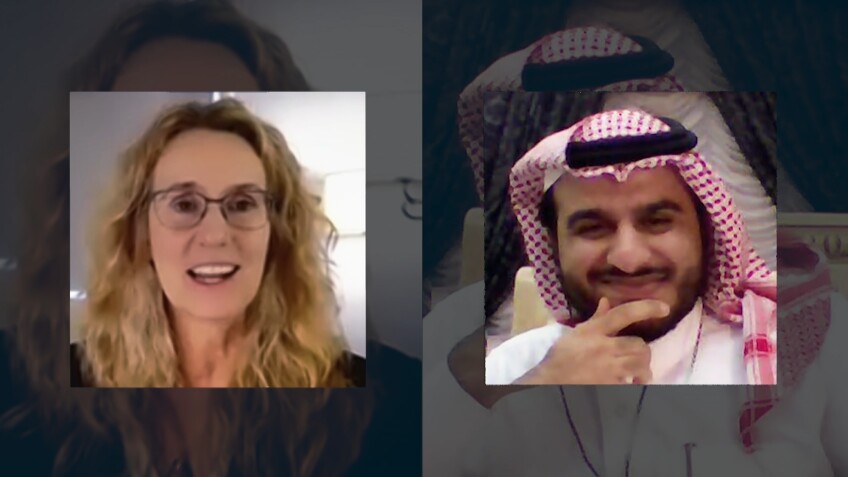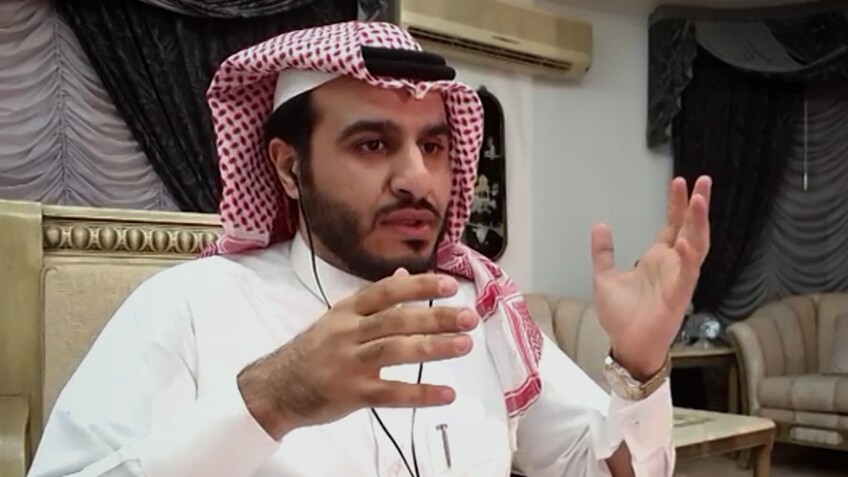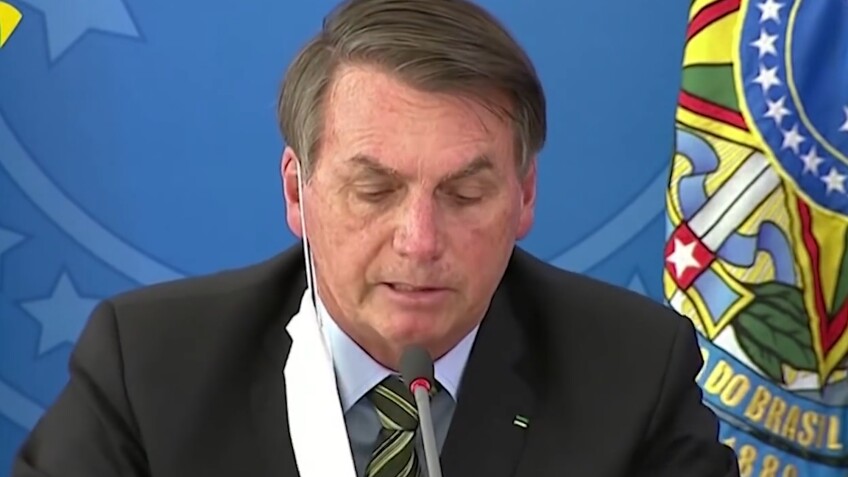Episode Guide: 'Disinformation Divide'
Part 1: When disinformation creates divides
First, join Cary Funk, Director of Science and Society Research at Pew Research Center in Washington D.C., and Faris Bukhamsin, CEO of Scientific Saudi, a science communication agency aimed at promoting science and its importance in daily life.
Funk begins by noting a brief period of “American unity” in the U.S. early on when the outbreak had just taken hold — but within weeks, the public’s view of scientists grew politicized, thus unity dissolved into a political divide.
She names two causes for that rift:
- The rapid, unchecked spread of disinformation via social media;
- Repetition of misinformation, enough for people to begin believing in it (also known as the illusory truth effect).






In Saudi Arabia, Bukhamsin describes the government’s own curiosity and interest in science as part of the public’s willing acceptance of science — when science is taken on as a “national strategy” rather than a tool for division. That, coupled with the Saudi Arabian government’s clear response to the COVID crisis, its strict regulation of misinformation, and its “united front,” as Bukhamsin describes, were crucial to its success in public cooperation and taming the virus in its early stages.
To reestablish trust in science globally, Funk suggests data transparency. The more data is openly available to the public, the more likely people are willing to trust the research, according to one 2019 Pew Research survey. “If you’re wanting to build more trust, you have to think of it as a relationship that you try to nurture over time,” Funk says.
Further Reading
- "10 facts about Americans and coronavirus vaccines," by Cary Funk
- "Trust in Medical Scientists Has Grown in U.S., but Mainly Among Democrats," by Cary Funk
- "Black Americans have less confidence in scientists to act in the public interest," by Cary Funk
Part 2: When governments ignore science
In the second half, hear from Narendra Nayak from India, president of the Federation of Indian Rationalist Associations, and Natália Pasternak, president of Instituto Questão de Ciência (Question of Science Institute) in Brazil, as they compare how each of their countries’ governments had communicated the COVID crisis to the public.
In India, the government had turned to anything but science, Nayak explains, promoting and taking up claims by non-scientific bodies — astrologers, worshippers at Puja rituals, and people who present “quack remedies” to the coronavirus. Such remedies have included the consumption of cow’s urine and banging pots and pans.
Meanwhile in Brazil, Pasternak describes the government’s response under President Bolsonaro’s leadership as “the worst possible,” not only for turning a blind eye to science, but also downplaying the severity of the crisis and spreading false information. It was enough to prompt the public to take it upon themselves to establish precautions against COVID-19, like drug lords organizing lockdowns and curfews in their own favelas.






Some key takeaways that Nayak and Pasternak discuss:
- The COVID-19 pandemic could allow more value placed in science and the funding of scientific research from the government;
- The need for science to help further develop countries and overall well being;
- Encouraging people to turn more to science for answers, rather than anecdotal claims;
- Importance for scientists to explain behind the science to the public (i.e. how vaccines are created, how clinical tests are performed, the difference between bacteria and viruses).
Further Reading/Videos
- "The need for scientific temper," TedTalk by Narendra Nayak
- "Scientific Temperament - Need of the Hour," by Narendra Nayak
- "Brazilian science and Cassandra Syndrome," TedTalk by Natália Pasternak




